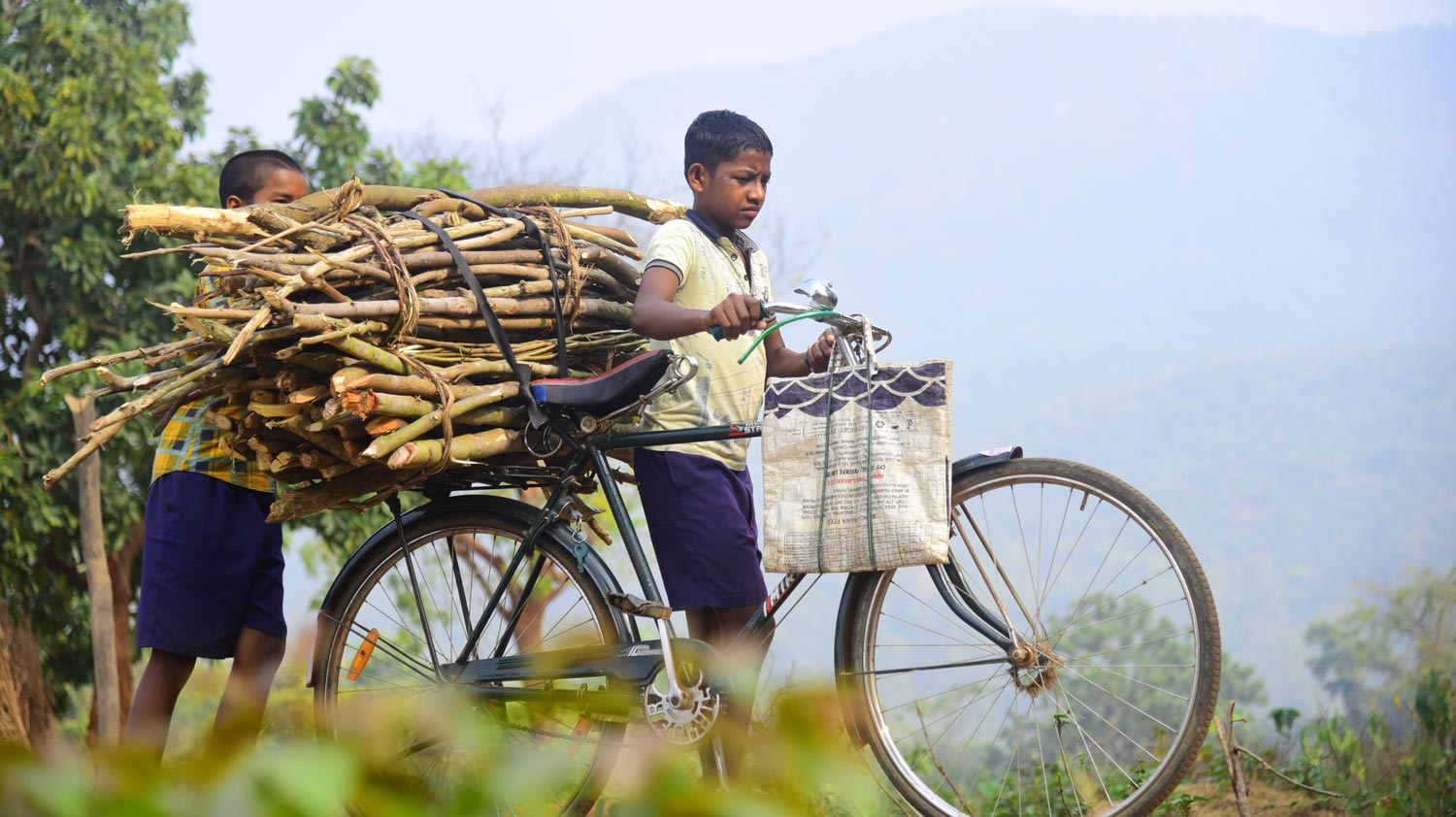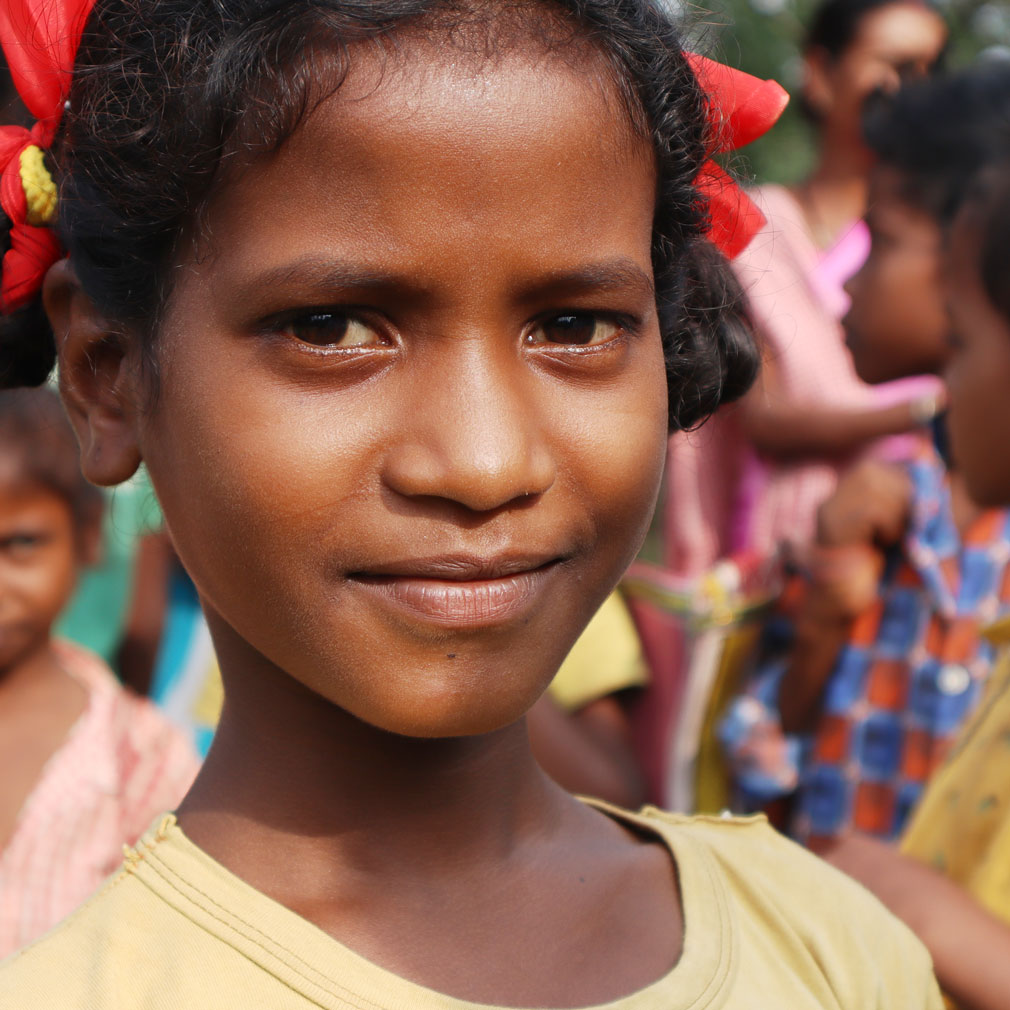A child who is not in school, whether at home doing household chores or working with family or working outside, is a child engaged in labor. She is deprived of her fundamental right to school education and the benefit that brings.
Aspire’s mission is to ensure that all children are in school, receiving quality education, and completing grade 10. We identify out-of-school children through community contact and household surveys. These children are brought back to school through ‘back to school’ drives and residential and non-residential bridge courses. Once all children of a habitation are in school and maintaining 80 percent average attendance for three months, a meeting is called where the community declares the habitation as a Child Labor Free Zone (CLFZ) and pledges to maintain the status through regular tracking and monitoring of children.
Once all habitations of a gram panchayat become child labor free, the Sarpanch declares the gram panchayat as a CLFZ. In Odisha, out of 6,487 habitations and 415 gram panchayats, 5,794 habitations and 254 gram panchayats, respectively, have been declared as Child Labour Free Zones. In Jharkhand, out of 6,519 habitations and 217 gram panchayats, 767 habitations and 34 gram panchayats, respectively, have been declared as free of child labor.
We are committed to ending child trafficking in our project states. Children from Odisha and Jharkhand are trafficked to other states for labor whereas in West Bengal, children from other states come with their families to work in brick kilns. We work with the community and other stakeholders to be vigilant and immediately put a stop to any child trafficking. In cases, where children are engaged in labor and stay with their families, we counsel the parents and provide education on the site itself.
However, there has been an increase in the incidence of early marriages in rural Odisha and Jharkhand, especially during pandemic lockdown. We work closely with adolescents, teachers, parents, panchayats, and other stakeholders to mobilize them, create awareness, and become active agents to stop or report child marriages in their area. In Odisha, out of 460 identified child marriages, we have successfully stopped 236 cases, which is almost 51%. In Kharagpur-I of West Bengal and two project blocks (Noamundi and Jagannathpur) of Jharkhand, we have successfully stopped 96 cases of child marriages.

